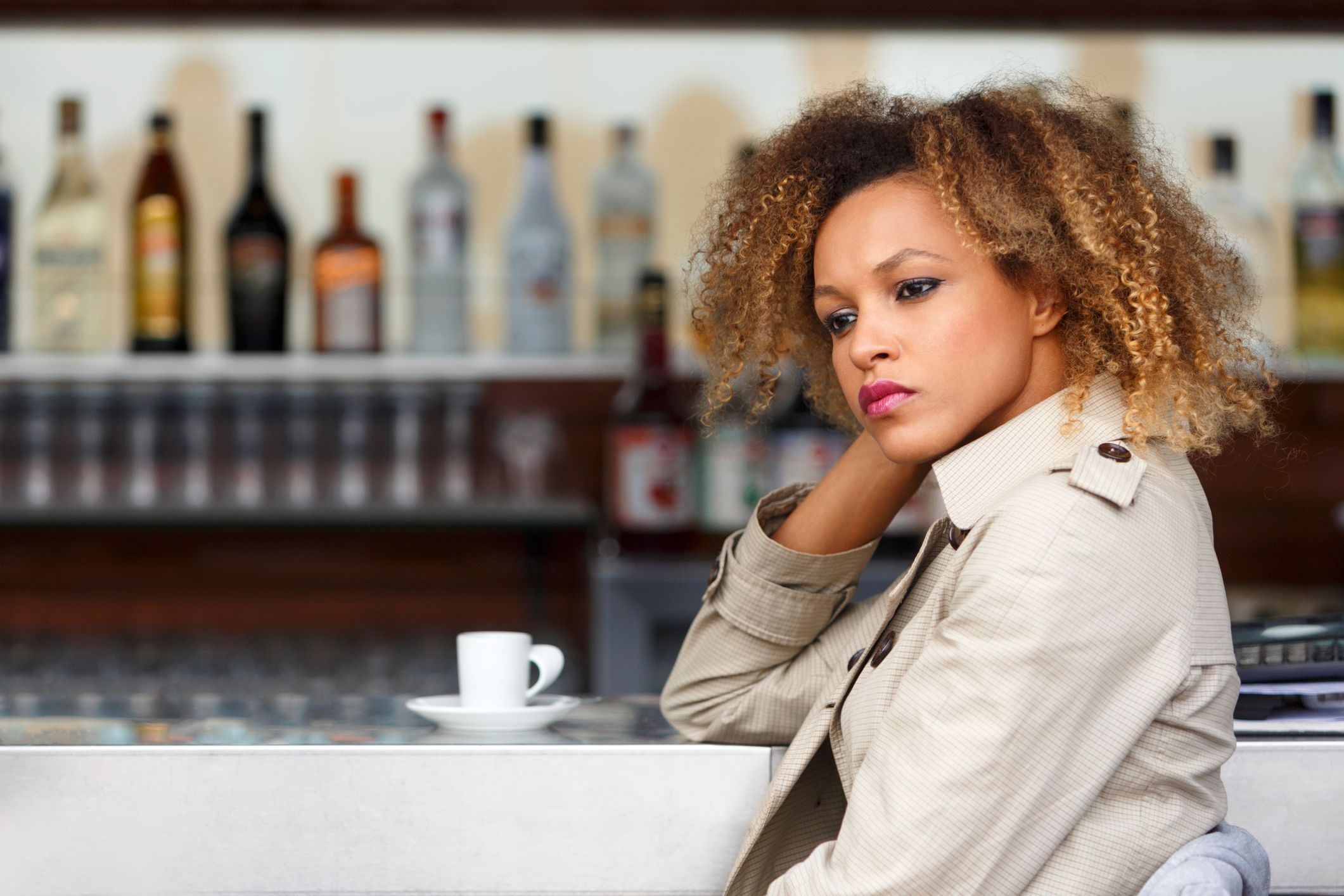Library books due Monday for your son and Friday for your daughter. Soccer practice at 4 p.m. Thursday this week but 4:30 p.m. next week. Field trip money due Tuesday for your son's class and a work outing the same day.
Your calendar is always full of things to remember and your mind is always racing to keep track of it all. With so much on your plate, it's not surprising that you're a bit anxious at times.
Did you know that what you eat can affect your anxiety levels? What you consume can mean the difference between feeling better or worse. Foods play a role in increasing the length, severity and frequency of depression and anxiety.
Familiarize yourself with the foods and drinks below. Then try reducing or cutting these triggers out of your diet to help you feel better.
Always speak with your health care provider before changing your diet regimen. And remember that lifestyle changes like exercising regularly, improving sleep habits, increasing social support and trying stress reduction techniques can help manage anxiety, too.
Caffeine
Feeling on edge? Coffee may be to blame. Coffee, black tea and energy drinks make it more difficult to sleep. Caffeine releases the stress hormone cortisol, which triggers the fight-or-flight response (a physiological reaction that occurs in response to a perceived harmful event, attack or threat to survival). And sleep is linked to mood—the less sleep you get, the grouchier you are. This known stimulant can make you feel nervous, lightheaded, jittery and nauseous. It increases your heart rate, body temperature and blood pressure. It can lead to nervousness, sweating, shaking and other symptoms of worrying. Plus, it can affect your absorption of vitamins D and B, which are mood-balancing nutrients. Instead of a morning mug of coffee, try a cup of caffeine-free herbal tea like chamomile or a glass of green juice.
Artificial sweeteners and sugars
Sugar hides in everything. And when you have a sugar crash it's like a caffeine crash—you fall quick and hard. You can have mood changes, difficulty concentrating, fatigue and heart palpitations. It's almost like you're in the beginning stages of a panic attack. Aspartame is the common ingredient found in products like diet sodas and chewing gum. It blocks the production of feel-good serotonin in the brain, which can cause insomnia, headaches, mood swings, anxiety and depression.
High-sodium foods
You may eat fat-free foods to lose weight or make you feel like you're doing your body good. But this fare often compensates for its lack of fat by being loaded with salt. Too much sodium in your diet has been found to be detrimental to your neurological system, causing fatigue, depression, panic episodes and immune system damage. But, you need a restful night's sleep for a healthy mood and mind. (Not to mention the fact that too much salt leads to high blood pressure, water retention, bloating and weight gain.)
Fried foods
Sure, that KFC tastes good. But fried foods have little nutritional value and are tough to digest. French fries, fried calamari, onion rings, fried chicken and other fried items are usually cooked in hydrogenated oil, which isn't healthy for your heart or your waistline. Fried food consumption is linked to heart disease, high blood pressure, anxiety and depression. Gotta have the fries? Downsize to a kiddie portion.
Fruit juices
Snack on an apple a day to keep the doctor away. But unlike whole fruits, fruit juices are loaded with fructose and lack slow-digesting, filling fiber. Fructose is the sugar naturally found in fruits. It's usually added to fruit-flavored drinks and fruit juices. But, the body only processes fructose in the liver, and it's not the body's preferred energy source. You get a blood-sugar spike that triggers adrenaline, a stress hormone. You're left with symptoms resembling a heart attack.
Alcohol
Drinking alcohol may seem like a good way to chase your cares away. But alcohol can trigger both depression and anxiety. It causes spikes and dips in blood sugar, dehydrates you and impairs brain function. That can all make you feel anxious, which will make you want to drink more. To calm the nerves, sip a glass of iced or hot chamomile tea instead of reaching into a six-pack or the wine cabinet.


